
Playlist of Tutorials for Songs from Presley, Elvis (List Ordered by Song Name) A B C D E F G H I J K L…

[xyz-ihs snippet="NavigationLinksBlock-1"]
Blue Christmas
by Billy Hayes and Jay Johnson
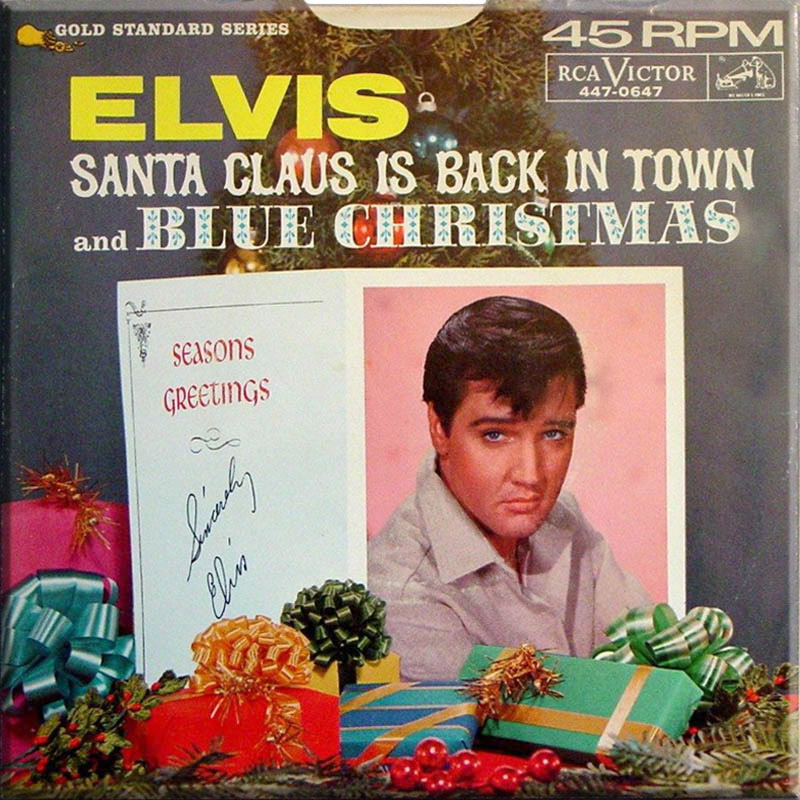
" Blue Christmas " is a Christmas song written by Billy Hayes and Jay W. Johnson and most famously performed by Elvis Presley; it was first recorded by Doye O'Dell in 1948. It is a tale of unrequited love during the holidays and is a longstanding staple of Christmas music, especially in the country genre.
[video width="640" height="360" mp4="https://www.easypianoonline.com/wp-content/uploads/2020/12/BlueChristmas.mp4"]
Lyrics
Blue Christmas
I'll be so blue just thinking about you
Decorations of red on a green Christmas tree
Won't be the same, dear, if you're not here with me
And when those blue snowflakes start falling
That's when those blue memories start calling
You'll be doin' all right with your Christmas of white
But I'll have a blue, blue, blue, blue Christmas
You'll be doin' all right with your Christmas of white
But I'll have a blue, blue, blue, blue Christmas
Songwriters: Johnson Jay W / Hayes Billy

[xyz-ihs snippet="NavigationLinksBlock-1"]
Away In A Manger
by James Ramsey Murray
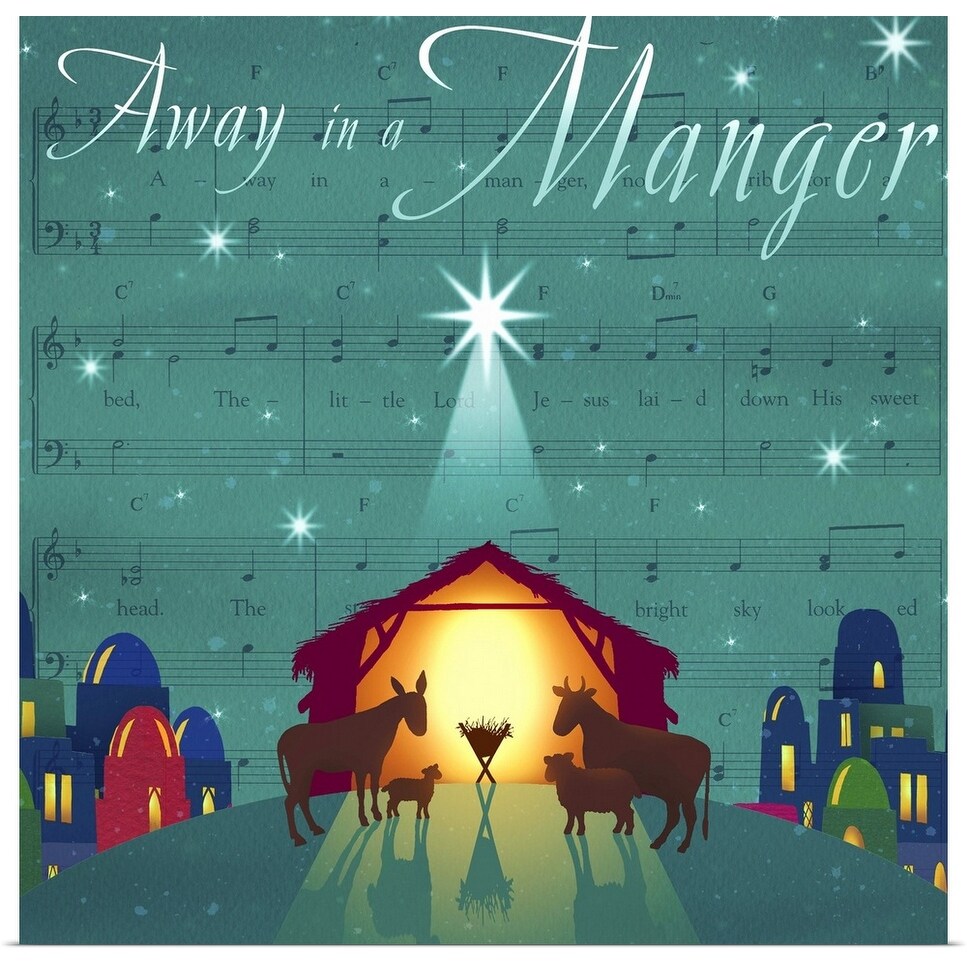
" Away In A Manger " is a Christmas carol first published in the late nineteenth century and used widely throughout the English-speaking world. In Britain, it is one of the most popular carols; a 1996 Gallup Poll ranked it joint second. Although it was long claimed to be the work of German religious reformer Martin Luther, the carol is now thought to be wholly American in origin.] The two most-common musical settings are by William J. Kirkpatrick (1895) and James Ramsey Murray (1887).
[video width="640" height="360" mp4="https://www.easypianoonline.com/wp-content/uploads/2020/12/AwayInAManger.mp4"]
Lyrics
Away In A Manger
No crib for His bed
The little Lord Jesus
Lay down His sweet head
The stars in the sky
Look down where He lay
The little Lord Jesus
Asleep on the hay
The cattle are lowing
The poor Baby wakes
But little Lord Jesus
No crying He makes
I love Thee, Lord Jesus
Look down from the sky
And stay by my side
'Til morning is nigh
Be near me, Lord Jesus
I ask Thee to stay
Close by me forever
And love me, I pray
Bless all the dear children
In Thy tender care
And take us to Heaven
To live with Thee there
Songwriters: James Ramsey Murray

[xyz-ihs snippet="NavigationLinksBlock-1"]
Auld Lang Syne
(Scottish Traditional)
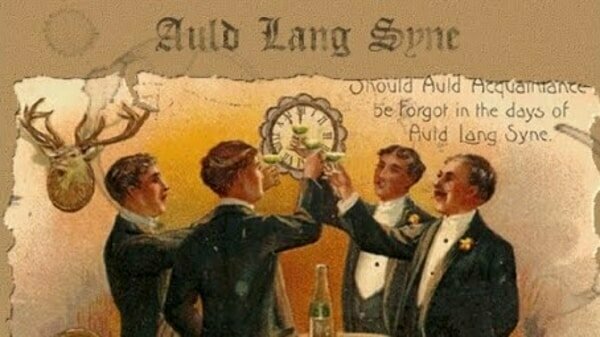
" Auld Lang Syne " is a Scots-language poem written by Robert Burns in 1788 and set to the tune of a traditional folk song (Roud # 6294). It is well known in many countries, especially in the English-speaking world, its traditional use being to bid farewell to the old year at the stroke of midnight on New Year's Eve. By extension, it is also sung at funerals, graduations, and as a farewell or ending to other occasions. The international Scouting movement in many countries uses it to close jamborees and other functions.
The poem's Scots title may be translated into standard English as "old long since" or, less literally, "long long ago", "days gone by", or "old times". Consequently, "For auld lang syne", as it appears in the first line of the chorus, might be loosely translated as "for the sake of old times". Singing the song on Hogmanay or New Year's Eve very quickly became a Scots custom that soon spread to other parts of the British Isles. As Scots (not to mention English, Welsh and Irish people) emigrated around the world, they took the song with them.
[video width="640" height="360" mp4="https://www.easypianoonline.com/wp-content/uploads/2020/12/AuldLangSyne.mp4"]
Lyrics
Auld Lang Syne
(For Old Times’ Sake)
And never brought to mind?
Should auld acquaintance be forgot
And days of auld lang syne?
For auld lang syne, my dear
For auld lang syne
We'll tak a cup o' kindness yet
For days of auld lang syne
We twa hae run about the braes
And pu'd the gowans fine
But we've wander'd mony a weary fit
Sin days of auld lang syne
We twa hae paidl'd i' the burn
Frae morning sun till dine
But seas between us braid hae roar'd
Sin days of auld lang syne
For auld lang syne, my dear
For auld lang syne
We'll tak a cup o' kindness yet
For days of auld lang syne
And surely ye'll be your pint-stowp
And surely I'll be mine
And we'll tak a cup o' kindness yet
For auld lang syne
And there's a hand, my trusty fiere
And gie's a hand o' thine
And we'll tak a right gude-willy waught
For auld lang syne
For auld lang syne, my dear
For auld lang syne
We'll tak a cup o' kindness yet
For auld lang syne
For auld lang syne, my dear
For auld lang syne
We'll tak a cup o' kindness yet
For auld lang syne
Songwriters: Scottish Traditional / Robert Burns

[xyz-ihs snippet="NavigationLinksBlock-1"]
The First Noel
(English Traditional)
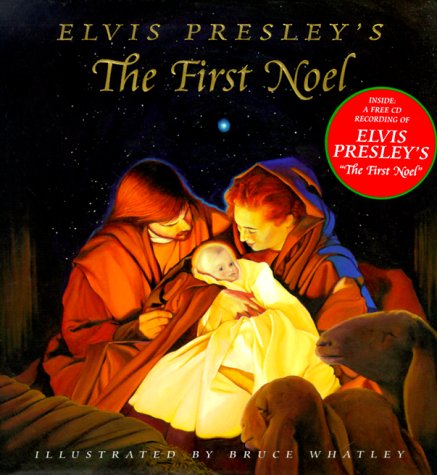
" The First Noel " is a traditional English Christmas carol with Cornish origins, most likely from the early modern period, although possibly earlier. It is listed as number 682 in the Roud Folk Song Index. "The First Nowell" is of Cornish origin. Its current form was first published in Carols Ancient and Modern (1823) and Gilbert and Sandys Carols (1833), both of which were edited by William Sandys and arranged, edited and with extra lyrics written by Davies Gilbert for Hymns and Carols of God.
[video width="640" height="360" mp4="https://www.easypianoonline.com/wp-content/uploads/2020/12/TheFirstNoel.mp4"]
Lyrics
The First Noel
Noel, Noel
The First Noel, the Angels did say
Was to certain poor shepherds in fields as they lay
In fields where they lay keeping their sheep
On a cold winter's night that was so deep
Noel, Noel, Noel, Noel
Born is the King of Israel!
Noel, Noel
Noel, Noel
They looked up and saw a star
Shining in the East beyond them far
And to the earth it gave great light
And so it continued both day and night
Noel, Noel
Noel, Noel
Noel, Noel
Noel, Noel
Noel, Noel
Noel, Noel
Born is the King of Israel!
Noel, Noel, Noel, Noel
Born is the King of Israel!
Born is the King of Israel!
Noel, Noel
Noel, Noel
Songwriters: Traditional

[xyz-ihs snippet="NavigationLinksBlock-1"]
O Christmas Tree
(O Tannenbaum)
German Traditional
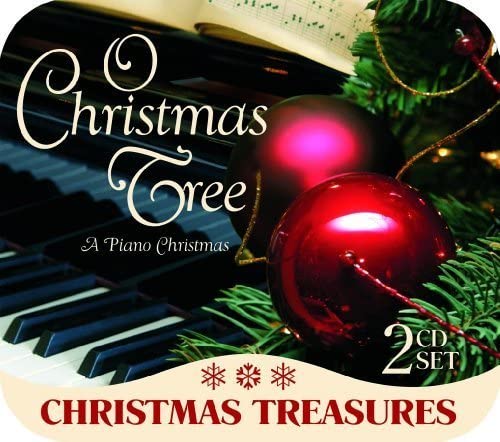
" O Christmas Tree" (German: O Tannenbaum) is a German Christmas song. Based on a traditional folk song which was unrelated to Christmas, it became associated with the traditional Christmas tree by the middle of the 19th century and sung as a Christmas carol. The modern lyrics were written in 1824, by the Leipzig organist, teacher and composer Ernst Anschütz. A Tannenbaum is a fir tree. The lyrics do not actually refer to Christmas, or describe a decorated Christmas tree. Instead, they refer to the fir's evergreen quality as a symbol of constancy and faithfulness through the cold German winters.
[video width="640" height="360" mp4="https://www.easypianoonline.com/wp-content/uploads/2020/12/OChristmasTree.mp4"]
Lyrics
(English – Translation)
O Christmas tree, o Christmas tree
Thy leaves are so unchanging
O Christmas tree, o Christmas tree
Thy leaves are so unchanging
Not only green when summer's here
But also when it's cold and drear
O Christmas tree, o Christmas tree
Thy leaves are so unchanging
O Christmas tree, o Christmas tree
Such pleasure do you bring me
O Christmas tree, o Christmas tree
Such pleasure do you bring me
For every year this Christmas tree
Brings to us such joy and glee
O Christmas tree, o Christmas tree
Such pleasure do you bring me
O Christmas tree, o Christmas tree
You'll ever be unchanging
A symbol of goodwill and love
You'll ever be unchanging
Each shining light, each silver bell
No one alive spreads cheer so well
O Christmas tree, o Christmas tree
You'll ever be unchanging
Songwriters: German Traditional / Ernst Anschütz
O Tannenbaum
(German – Original)
O Tannenbaum, o Tannenbaum,
Wie treu sind deine Blätter!
Du grünst nicht nur zur Sommerzeit,
Nein, auch im Winter, wenn es schneit.
O Tannenbaum, o Tannenbaum,
Wie treu sind deine Blätter!
O Tannenbaum, o Tannenbaum,
Du kannst mir sehr gefallen!
Wie oft hat nicht zur Weihnachtszeit
Ein Baum von dir mich hoch erfreut!
O Tannenbaum, o Tannenbaum,
Du kannst mir sehr gefallen!
O Tannenbaum, o Tannenbaum,
Dein Kleid will mich was lehren:
Die Hoffnung und Beständigkeit
Gibt Mut und Kraft zu jeder Zeit!
O Tannenbaum, o Tannenbaum,
Dein Kleid will mich was lehren!
Songwriters: German Traditional / Ernst Anschütz

[xyz-ihs snippet="NavigationLinksBlock-1"]
O Come, All Ye Faithful
by John Francis Wade
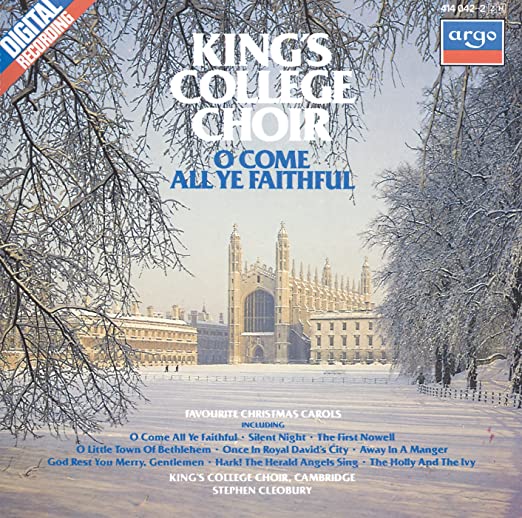
" O Come, All Ye Faithful " (originally written in Latin as Adeste Fideles) is a Christmas carol that has been attributed to various authors, including John Francis Wade (1711–1786), John Reading (1645–1692), King John IV of Portugal (1604–1656), and anonymous Cistercian monks. The earliest printed version is in a book published by Wade, but the earliest manuscript bears the name of King John IV, and is located in the library of the Ducal Palace of Vila Viçosa. A manuscript by Wade, dating to 1751, is held by Stonyhurst College in Lancashire.
The original four verses of the hymn were extended to a total of eight, and these have been translated into many languages. The English translation of "O Come, All Ye Faithful" by the English Catholic priest Frederick Oakeley, written in 1841, is widespread in most English-speaking countries.
[video width="640" height="360" mp4="https://www.easypianoonline.com/wp-content/uploads/2020/11/OComeAllYeFaithful.mp4"]
Lyrics
(English – Translation)
O come, all ye faithful, joyful and triumphant!
O come ye, O come ye, to Bethlehem
Come and behold Him
Born the King of Angels
O come, let us adore Him
O come, let us adore Him
O come, let us adore Him
Christ the Lord!
God of God, Light of Light
Lo, He abhors not the Virgin's womb
Very God
Begotten, not created
O come, let us adore Him
O come, let us adore Him
O come, let us adore Him
Christ the Lord!
Sing, choirs of angels, sing in exultation
Sing, all ye citizens of heaven above!
Glory to God
All glory in the highest
O come, let us adore Him
O come, let us adore Him
O come, let us adore Him
Christ the Lord!
Yea, Lord, we greet Thee, born this happy morning
Jesus, to Thee be glory given
Word of the Father
Now in flesh appearing
O come, let us adore Him
O come, let us adore Him
O come, let us adore Him
Christ the Lord!
Songwriters: John Francis Wade
Adeste Fideles
(Latin – Original)
Adeste fideles laeti triumphantes
Venite, venite in Bethlehem
Natum videte regem angelorum
Venite, adoremus,
Venite, adoremus,
Venite, adoremus, dominum!
Deum de Deo, lumen de lumine,
Gestant puellae viscera
Deum verum, genitum non factum.
Venite, adoremus,
Venite, adoremus,
Venite, adoremus, dominum!
Gloria in excelsis Deo!
Venite, adoremus,
Venite, adoremus,
Venite, adoremus, dominum!
Songwriters: John Francis Wade

[xyz-ihs snippet="NavigationLinksBlock-1"]
O Come, All Ye Faithful
by John Francis Wade
 O Come, All Ye Faithful " (originally written in Latin as Adeste Fideles) is a Christmas carol that has been attributed to various authors, including John Francis Wade (1711–1786), John Reading (1645–1692), King John IV of Portugal (1604–1656), and anonymous Cistercian monks. The earliest printed version is in a book published by Wade, but the earliest manuscript bears the name of King John IV, and is located in the library of the Ducal Palace of Vila Viçosa. A manuscript by Wade, dating to 1751, is held by Stonyhurst College in Lancashire.
O Come, All Ye Faithful " (originally written in Latin as Adeste Fideles) is a Christmas carol that has been attributed to various authors, including John Francis Wade (1711–1786), John Reading (1645–1692), King John IV of Portugal (1604–1656), and anonymous Cistercian monks. The earliest printed version is in a book published by Wade, but the earliest manuscript bears the name of King John IV, and is located in the library of the Ducal Palace of Vila Viçosa. A manuscript by Wade, dating to 1751, is held by Stonyhurst College in Lancashire.
The original four verses of the hymn were extended to a total of eight, and these have been translated into many languages. The English translation of "O Come, All Ye Faithful" by the English Catholic priest Frederick Oakeley, written in 1841, is widespread in most English-speaking countries.
[video width="640" height="360" mp4="https://www.easypianoonline.com/wp-content/uploads/2020/11/OComeAllYeFaithful.mp4"]
Lyrics
(English – Translation)
O come, all ye faithful, joyful and triumphant!
O come ye, O come ye, to Bethlehem
Come and behold Him
Born the King of Angels
O come, let us adore Him
O come, let us adore Him
O come, let us adore Him
Christ the Lord!
God of God, Light of Light
Lo, He abhors not the Virgin's womb
Very God
Begotten, not created
O come, let us adore Him
O come, let us adore Him
O come, let us adore Him
Christ the Lord!
Sing, choirs of angels, sing in exultation
Sing, all ye citizens of heaven above!
Glory to God
All glory in the highest
O come, let us adore Him
O come, let us adore Him
O come, let us adore Him
Christ the Lord!
Yea, Lord, we greet Thee, born this happy morning
Jesus, to Thee be glory given
Word of the Father
Now in flesh appearing
O come, let us adore Him
O come, let us adore Him
O come, let us adore Him
Christ the Lord!
Songwriters: John Francis Wade
Adeste Fideles
(Latin – Original)
Adeste fideles laeti triumphantes
Venite, venite in Bethlehem
Natum videte regem angelorum
Venite, adoremus,
Venite, adoremus,
Venite, adoremus, dominum!
Deum de Deo, lumen de lumine,
Gestant puellae viscera
Deum verum, genitum non factum.
Venite, adoremus,
Venite, adoremus,
Venite, adoremus, dominum!
Gloria in excelsis Deo!
Venite, adoremus,
Venite, adoremus,
Venite, adoremus, dominum!
Songwriters: John Francis Wade

[xyz-ihs snippet="NavigationLinksBlock-Common"]
Gravity Falls Theme
by Brad Breeck
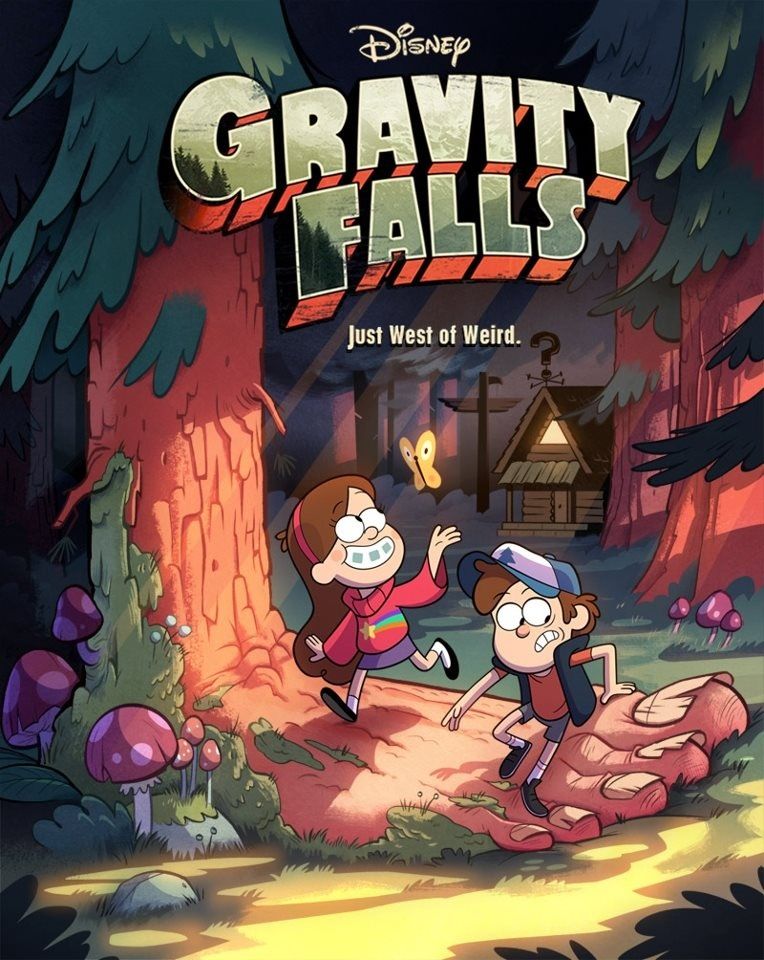
" Gravity Falls " is an American animated mystery comedy television series created by Alex Hirsch for Disney Channel and Disney XD. The series ran from June 15, 2012, to February 15, 2016.
The series follows the adventures of Dipper Pines (voiced by Jason Ritter) and his twin sister Mabel (voiced by Kristen Schaal) who are sent to spend the summer with their great-uncle (or "Grunkle") Stan (voiced by Hirsch) in Gravity Falls, Oregon, a mysterious town full of paranormal forces and supernatural creatures. The kids help Stan run "the Mystery Shack", the tourist trap which he owns, while also investigating the local mysteries.
On November 20, 2015, Hirsch announced that the series would finish with its second season, stating that this was "100% [his] choice" and that "the show isn't being cancelled- it's being finished" and was simply reaching its natural conclusion. The show culminated with a one-hour finale, "Weirdmageddon 3: Take Back The Falls", airing on February 15, 2016. Hirsch later stated that he remains open to continuing the series with additional episodes or specials.
[video width="640" height="360" mp4="https://www.easypianoonline.com/wp-content/uploads/2020/11/GravityFallsTheme.mp4"]

Brown Eyed Girl
by Van Morrison
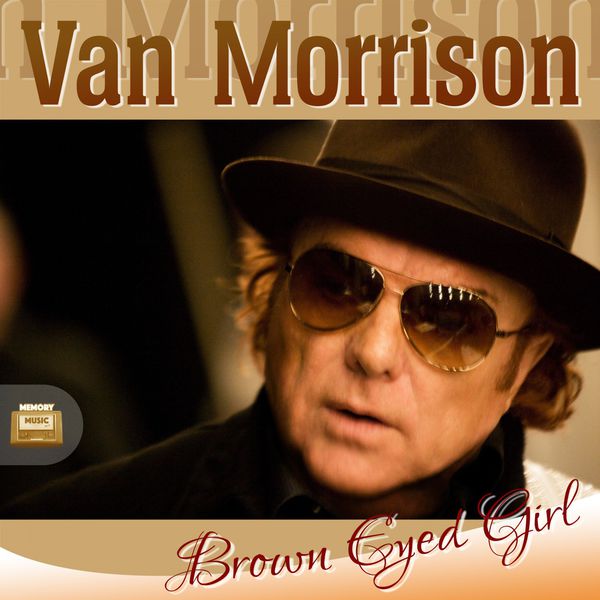
" Brown Eyed Girl " is a song by Northern Irish singer and songwriter Van Morrison. Written by Morrison and recorded in March 1967 for Bang Records owner and producer Bert Berns, it was released as a single in June of the same year on the Bang label, peaking at No. 10 on the Billboard Hot 100. The song spent a total of sixteen weeks on the chart. It featured the Sweet Inspirations singing back-up vocals and is considered to be Van Morrison's signature song. "Brown Eyed Girl" has remained a staple on classic rock radio, and has been covered by hundreds of bands over the decades.
[video width="640" height="360" mp4="https://www.easypianoonline.com/wp-content/uploads/2020/11/BrownEyedGirl.mp4"]
Lyrics
Hey, where did we go?
Days when the rains came
Down in the hollow
Playin' a new game
Laughing and a running hey, hey
Skipping and a jumping
In the misty morning fog with
Our hearts a thumpin' and you
My brown-eyed girl
You, my brown-eyed girl
Whatever happened
To Tuesday and so slow?
Going down the old mine
With a transistor radio
Standing in the sunlight laughing
Hiding behind a rainbow's wall
Slipping and sliding
All along the waterfall, with you
My brown-eyed girl
You, my brown-eyed girl
Do you remember when we used to sing
Sha la la la la la la la la la la te da
Just like that
Sha la la la la la la la la la la te da, la te da
So hard to find my way
Now that I'm all on my own
I saw you just the other day
My, how you have grown
Cast my memory back there, Lord
Sometimes I'm overcome thinking 'bout
Making love in the green grass
Behind the stadium with you
My brown-eyed girl
You, my brown-eyed girl
Do you remember when we used to sing
Sha la la la la la la la la la la te da
Sha la la la la la la la la la la te da, la te da
(Bit by bit, by bit, by bit, by bit, by bit)
(Sha la la la la la la, la te da, la te da
Sha la la la la la la la la la la te da, la te da
(La te da, da da da da da da da da)
Songwriters: Van Morrison

Air On The G String
by Johann Sebastian Bach
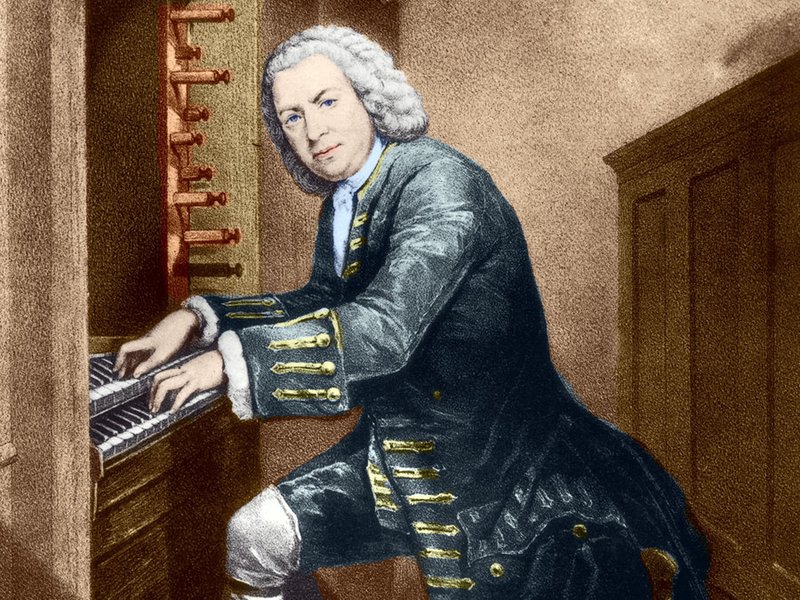
" Air On The G String ", also known as "Air for G String" and "Celebrated Air", is August Wilhelmj's 1871 arrangement of the second movement of Johann Sebastian Bach's Orchestral Suite No. 3 in D major, BWV 1068. The arrangement differs from the original in that the part of the first violins is transposed down so that it can be played entirely on a violin's lowest string, i.e., the G string. It is played by a single violin (instead of by the first violins as a group).
Bach's third Orchestral Suite in D major, composed in the first half of the 18th century, has an "Air" as second movement, following its French overture opening movement. The suite is composed for three trumpets, timpani, two oboes, strings (two violin parts and a viola part), and basso continuo. In the second movement of the suite however only the strings and the continuo play. This is the only movement of the suite where all other instruments are silent.
The music of the "Air" is written on four staves, for first and second violins, viola(s), and continuo. The interweaving melody lines of the high strings contrast with the pronounced rhythmic drive in the bass.
[video width="640" height="360" mp4="https://www.easypianoonline.com/wp-content/uploads/2020/11/AirOnTheGString.mp4"]

[xyz-ihs snippet="NavigationLinksBlock-Common"]
Honey Pie
by The Beatles
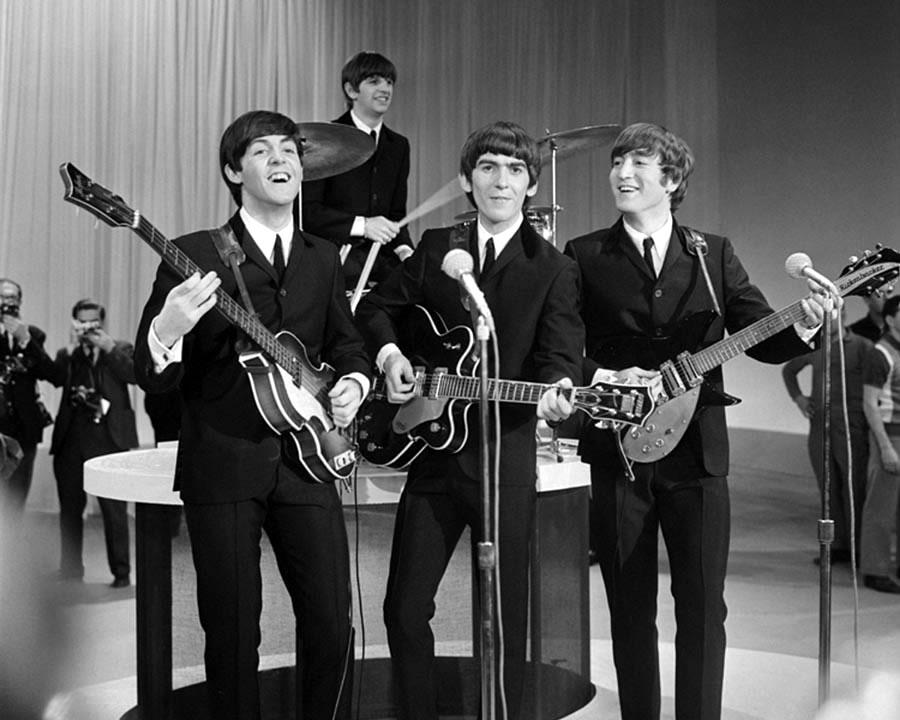
" Honey Pie " is a song by the English rock band The Beatles, from their 1968 eponymous double album The Beatles (also known as "the White Album"). The song was written entirely by Paul McCartney and credited to the Lennon–McCartney partnership.
The song is a direct homage to the British music hall style. It concerns a famed actress, called only by the term of endearment "Honey Pie", who becomes famous in the United States, and her old lover, who wishes for her to rejoin him in England. The premise – a humble admirer yearning for the return of his lover – is not unlike a typical music hall plot. In order to establish an appropriate, old-timey sound, 'crackles' were added to the third line, "Now she's hit the big time!", from a 78-rpm record.
[video width="640" height="360" mp4="https://www.easypianoonline.com/wp-content/uploads/2020/11/HoneyPie.mp4"]
Lyrics
She was a working girl
North of England way
Now she's hit the big time
In the U.S.A.
And if she could only hear me
This is what I'd say.
Honey pie, you are making me crazy
I'm in love but I'm lazy
So won't you please come home.
Oh honey pie, my position is tragic
Come and show me the magic
Of your Hollywood song.
You became a legend of the silver screen
And now the thought of meeting you
Makes me weak in the knee.
Oh honey pie, you are driving me frantic
Sail across the Atlantic
To be where you belong.
Will the wind that blew her boat
Across the sea
Kindly send her sailing back to me.
Honey pie, you are making me crazy
I'm in love but I'm lazy
So won't you please come home.
Songwriters: John Lennon / Paul Mccartney

Please Don't Make Me Love You
by Frank Wildhorn
<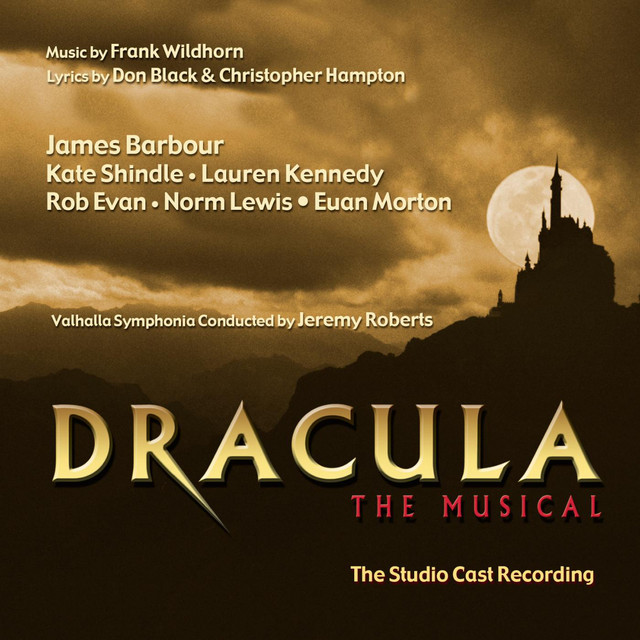
" Please Don’t Make Me Love You " is a song from Dracula, the Musical. Dracula, the Musical is based on the original 1897 Victorian novel by Bram Stoker. The score is by Frank Wildhorn, with lyrics and book by Don Black and Christopher Hampton.
The show had its regional premiere at the La Jolla Playhouse, La Jolla, California, in 2001, playing to 115% capacity, earning the highest paid capacity for any world premiere production in the playhouse's history. It then premiered on Broadway in 2004, starring Tom Hewitt as the vampire Count and Melissa Errico as the woman he loves, Mina Harker.
[video width="640" height="360" mp4="https://www.easypianoonline.com/wp-content/uploads/2020/11/PleaseDontMakeMeLoveYou.mp4"]
Lyrics
There only so much
That a heart can take
Before it starts to break
Please don't make me love you
Please don't make me need you
I've no room in my life
For something like this
Please don't take my mornings
Please don't steal my summers
I know they will vanish
The moment we kiss
I grow weak when we talk
I'm confused when we touch
I should just walk away
But that's asking too much
Pease don't make me do this
Please don't make me want this
All my drams were taken
Until I met you
Your the one I think of
Soon as I awaken
Funny how the heart tells
The mind what to do
I'm not sure I can go through all
The joy and the pain
Much better now
To let these dreams take flight!
Please don’t make me love you
Please don’t make me need you
Simplify my life
By just setting me free
Promise me you'll do this
Only you can do this
Please don't make me love you
Unless you love me
Songwriters: Don Black / Frank Wildhorn / Christopher Hampton

Playlist of Tutorials for Songs from Elgar, Sir Edward (List Ordered by Song Name) A B C D E F G H I J K…

Nimrod
by Sir Edward Elgar
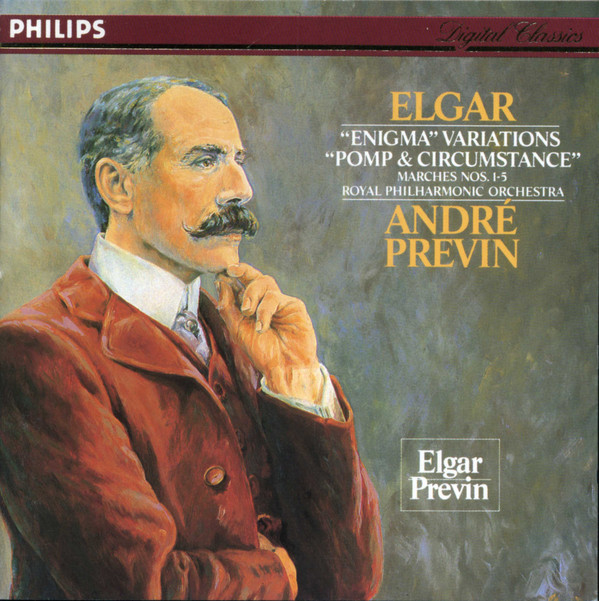
" Nimrod " is the 9th Variation from Sir Edward Elgar’s Enigma Variations. Elgar described how on the evening of 21 October 1898, after a tiring day's teaching, he sat down at the piano. A melody he played caught the attention of his wife, and he began to improvise variations on it in styles which reflected the character of some of his friends. These improvisations, expanded and orchestrated, became the Enigma Variations.
The name “Nimrod” of the variation refers to Augustus J. Jaeger, who was employed as music editor by the London publisher Novello & Co. He was a close friend of Elgar's, giving him useful advice but also severe criticism, something Elgar greatly appreciated. Elgar later related how Jaeger had encouraged him as an artist and had stimulated him to continue composing despite setbacks. Nimrod is described in the Old Testament as "a mighty hunter before the Lord", Jäger being German for hunter.
[video width="640" height="360" mp4="https://www.easypianoonline.com/wp-content/uploads/2020/11/Nimrod.mp4"]







































